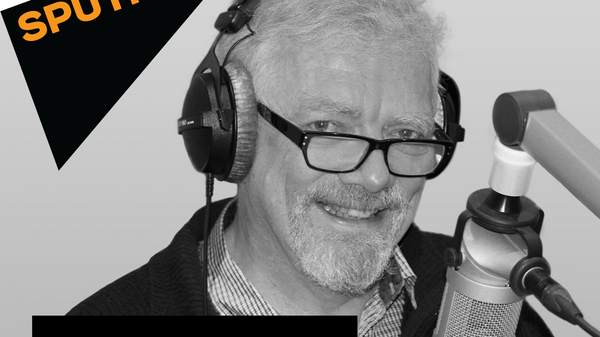Magdalena Szmidt, a Polish lawyer and women's rights activist, and Scott Andrews, a well know writer and social activist express their reactions and understandings of what is happening in Poland.
Magdalena says that there is a thin line between being a patriot and being a fascist. She elaborates: "Legally, the Polish Constitution forbids this kind of activity. But the current government, the Law and Justice Party sort of endorses it. I do find it disturbing. This is what drove Poland into the darkness in 1939, and it is happening again. It shows how short Poles' memories are. This is scary, and it is doubly scary if you look at it in a global context."
The difference between patriotism and fascism is described as being the existence of physical violence against minority groups. Scott then proceeds to give several examples of such violence taking place during the demonstrations to which nobody has been arrested or charged for. "The Police often play the role of protecting the nationalists from the counter-protestors. In the last week there were 60 arrests, and they were all pro-democracy protestors."
Some of the slogans, according to Scott and Magdalena were as follows: White Poland, Refugees Get Out, Pray For An Islamist Holocaust, Poland for Polish… Ostensibly the demonstration was held to celebrate the independence of Poland, a worthy subject although Poles and many Europeans are vague as to the historical events that led to the establishment of the Polish State. "There were people chanting because they want a more authoritarian State, they want the Poland of the 1930s, they want the new Republic to be closer to the Second Republic, which was anti-Semitic, which was nationalistic. They were show trials, it was a tyrannical State at that point….People want a time machine to go back in history to a time when they will be oppressed….The demonstration ended in Korchevsky Square, the square named after the man who brought show trials to Poland."
60,000 people is hardly representative of the whole Polish population, and some of them were so called ‘Tourist Nazis' from other countries in both Eastern and Western Europe. Neither guests could say how clearly demonstrators' views represent the views of Polish society generally, however the fact that the Polish government seems to be allowing this to happen, and the fact that the government is fairly popular could be said to be an indication of the level of extreme nationalistic views in today's Poland, or of the direction in which Polish government wishes to lead Poland.
Scott feels that there is a religious element as well. "95% of Poles identify themselves as Catholics, and the Catholic Church is perpetuating these ideals….What you do see is a lot of disenfranchised men who have been left behind by Europe, and now they have been given an enemy, a motivation and a means."
A discussion is held as to whether Christianity is being used in Poland as an identity marker around which people can gather. Scott stresses that this is really about identity. "For them, it is us nationalists vs. everybody else."
Many other aspects of this terrible event are discussed including the leverage of populism by the Polish government, the effect of Donald Trump's visit to Poland, and EU reaction.
We'd love to get your feedback at radio@sputniknews.com

